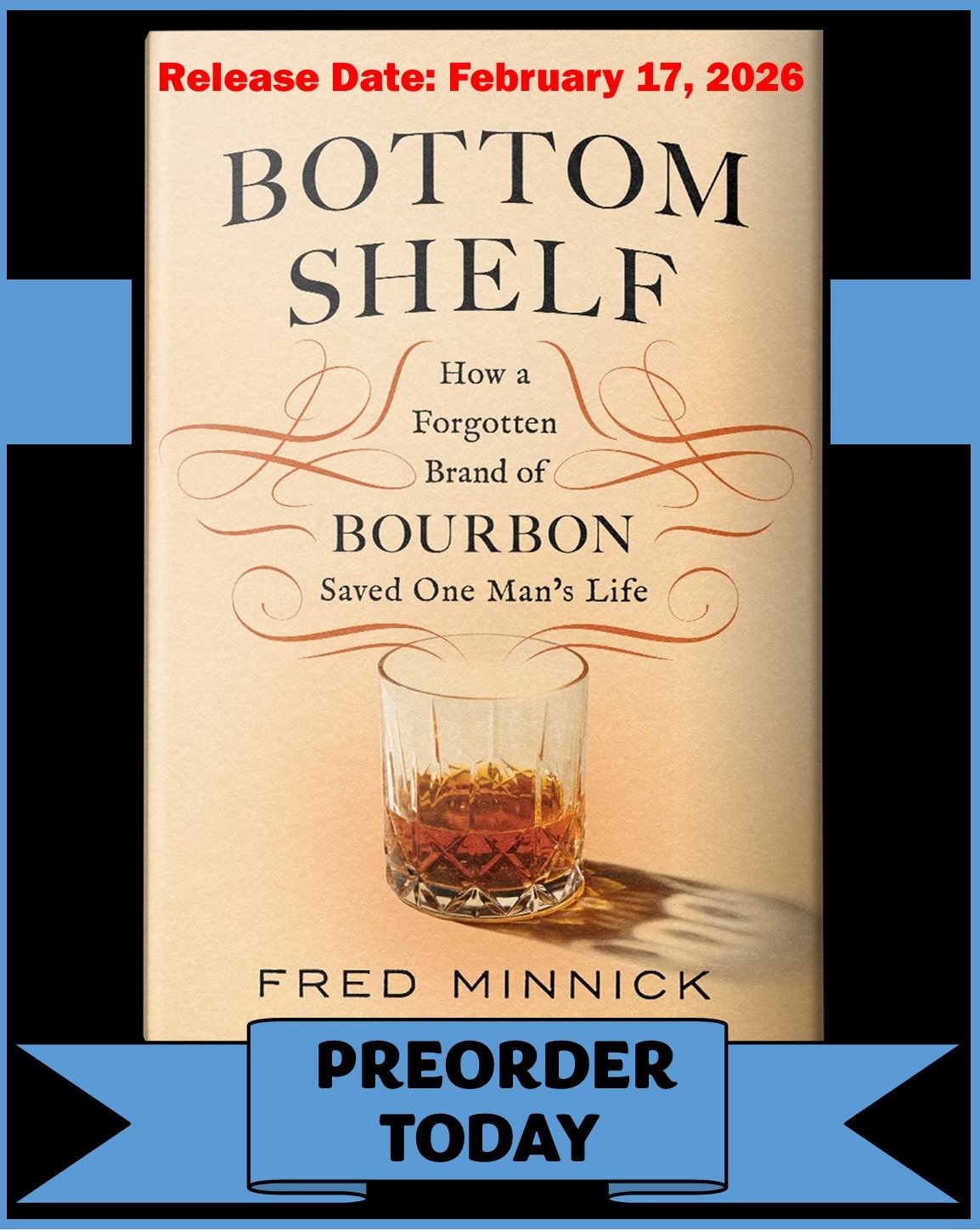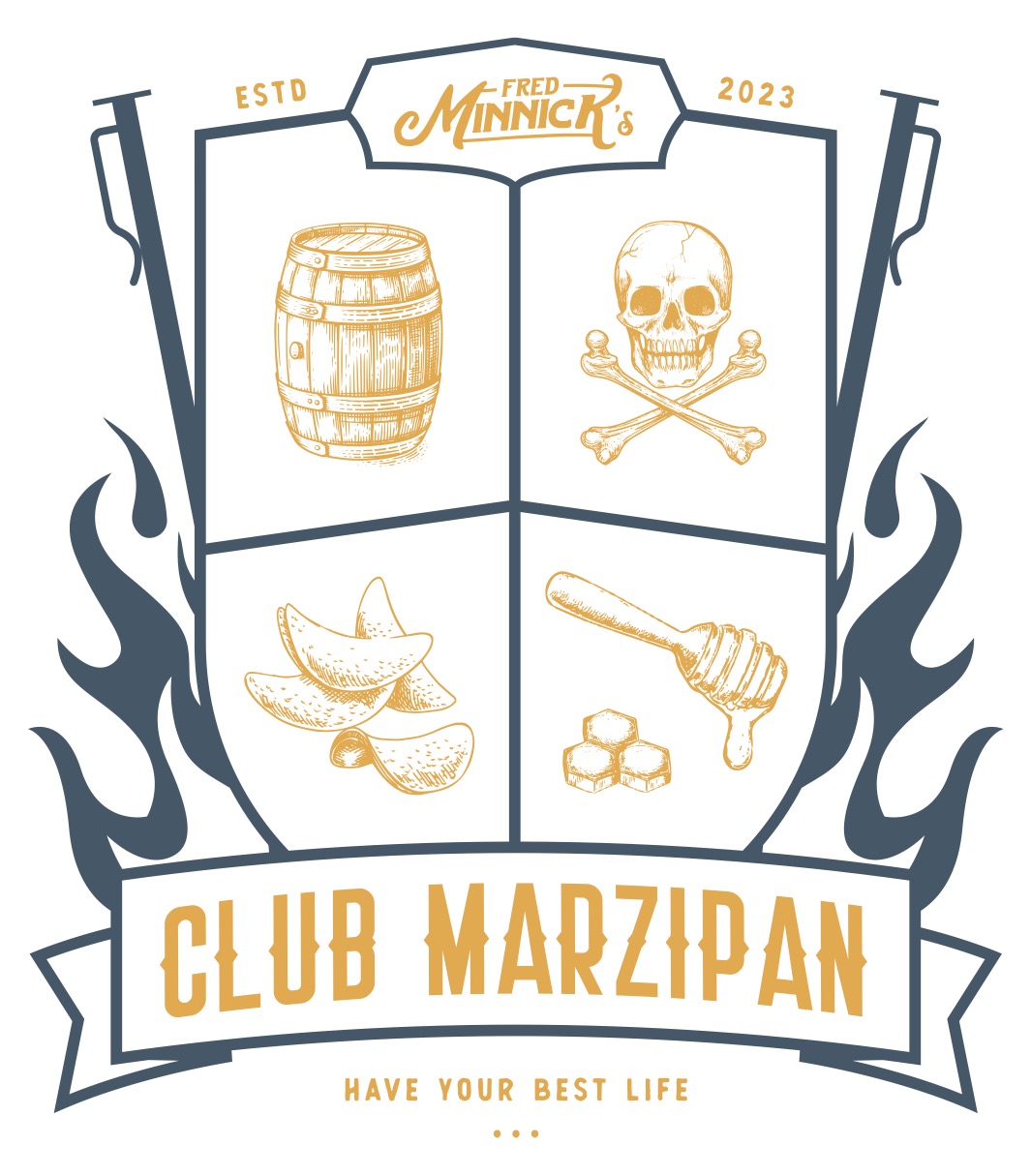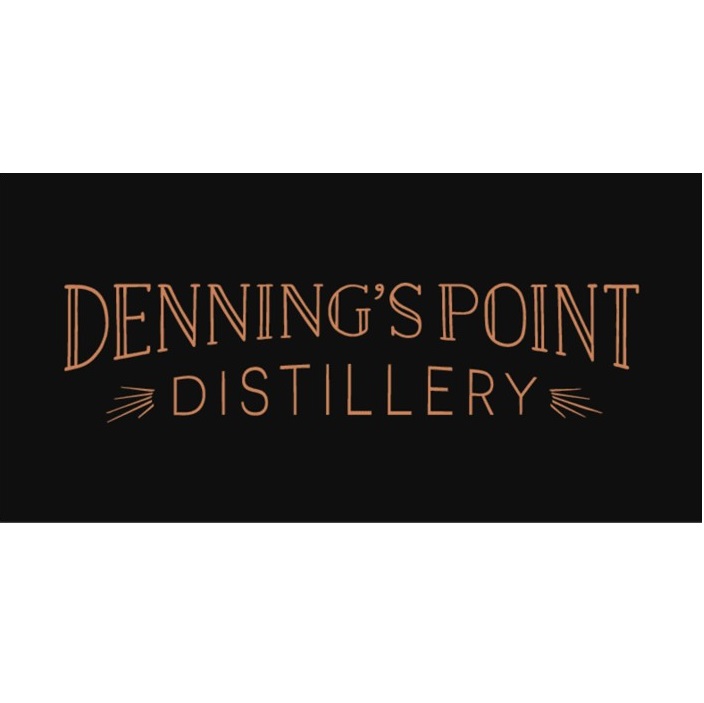Canadian Whisky Author Gives the World Its 1st Canadian Whisky Book
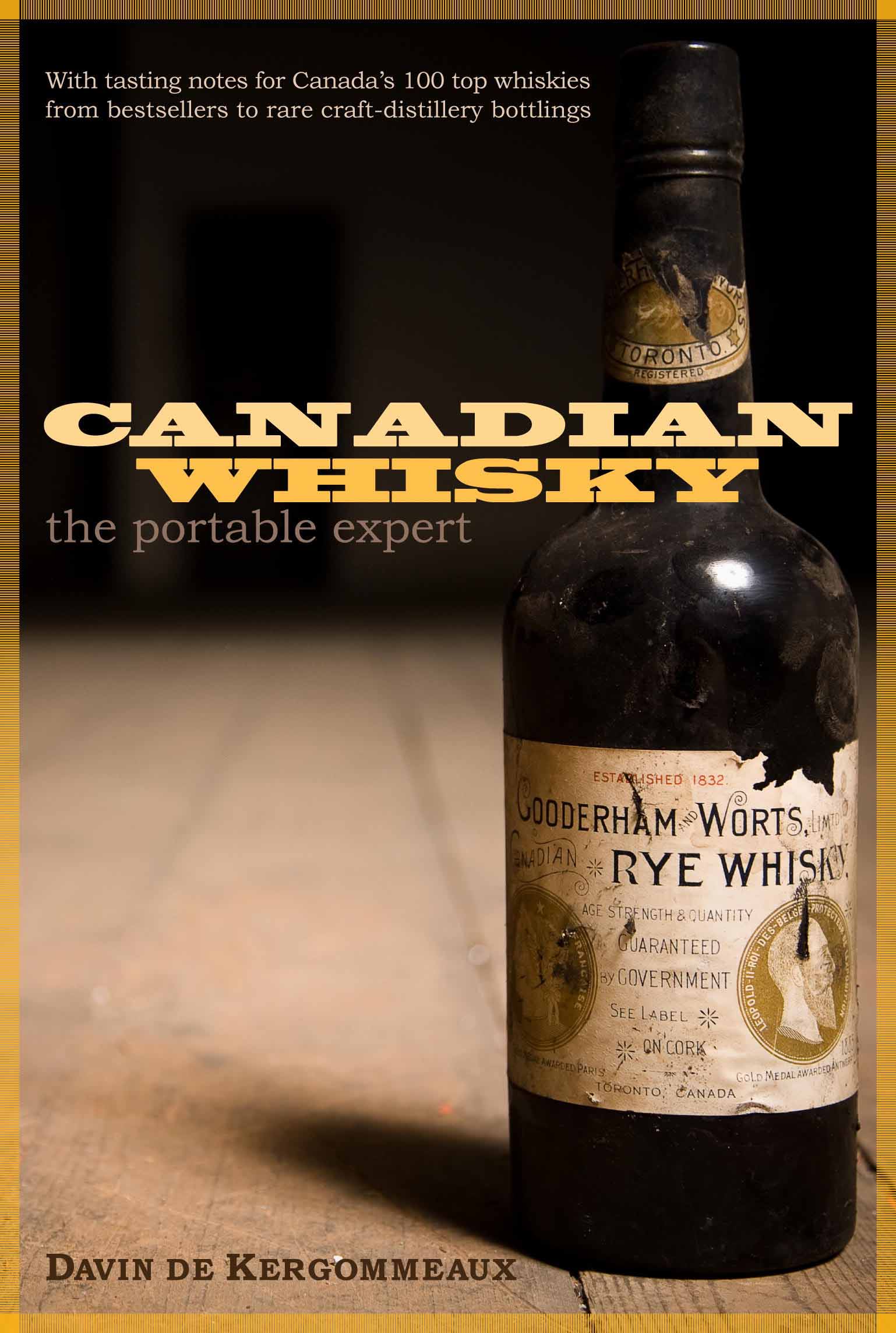
In what may go down as one of the better press trips of my career, I met Davin de Kergommeaux on the same Canadian Mist trip I met Chuck Cowdery. Davin’s the world’s foremost authority on Canadian whisky and has written the most-comprehensive book ever on the category. Canadian Whisky: The Portable Expert is the currently the No. 1 best-selling whisky book. Plus, he’s just a fantastic, nice guy who deserves his turn in Fred’s Friends.
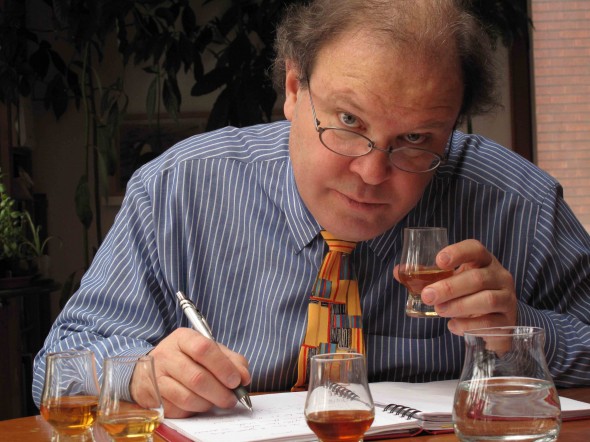
You’re a sommelier, and I’m also a wine writer. I find our wine training helps us better understand the subtleties of whisky. How has your wine training helped your palate?
While I have tasted a lot of wine, I have not made my living as a sommelier. Rather, I followed a rather rigorous course of study to be certified as a sommelier, specifically to help me learn how to taste and smell things and differentiate flavors and aromas.
My wine training has contributed hugely to my ability to tease out flavors and aromas, and it has also taught me that analytical tasting is very different from tasting for enjoyment or to match flavors with food. As a whisky judge, I recognize qualities in whiskies that may demonstrate craftsmanship even though they may not be exactly to my personal taste.
My training also helped me become aware that you simply cannot taste everything in a single sitting, and that it helps to examine broad categories of flavors one at a time. For example, you might ask yourself if there are any nutty flavors or any fruity ones. For tasting notes, I now come back to the same whisky several times. I also learned the value of tasting in flights and making comparisons among whiskies. The same whisky will perform differently in different flights. This was one of the key lessons I learned in my sommelier training. I learned patience, comparative tasting, and drilling down into the various layers of complexity slowly and over several tasting sessions.
So, Canada has a great corn history. Did they ever make anything similar to bourbon?
Corn for distilling did not become widely available in Canada until long after it was available in the U.S. It grows everywhere up here now, but these are new varieties that can reach maturity in our shorter growing season. Corn really didn’t become a major Canadian whisky grain until the mid 19th century when it was brought in from the U.S. by boat and train.
That said, Canada has a long and proud bourbon-making heritage, and it is a heritage that was not interrupted by Prohibition. While we have continuously distilled bourbon for over 150 years, America, to a large extent had to re-invent its bourbon industry, including processes and recipes after Prohibition ended. So many of the records were lost and so much of the equipment destroyed that not a lot remained of historical bourbon. More than that, while the same families went back to making bourbon, in many cases they did so as employees of new owners who introduced new equipment and recipes developed to produce volume inexpensively rather than carry on traditions.
The Canada-U.S. border used to have almost no influence on whisky styles. National styles seem so intuitive now, but this is a relatively recent phenomenon. When Canada agreed to let the U.S. claim exclusive use of the word bourbon, we did not stop making it. Those stills were not decommissioned and the processes and recipes were not lost. We still make a lot of bourbon today, exactly as it is made in the U.S. We just don’t call it that. We use it now as flavouring. When people say they can taste bourbon in some Canadian whisky they are correct. It is Canadian-made bourbon they are tasting. But did we invent bourbon? No, it is an American creation, and a fine one at that.
Writing a book is the easy part. Selling it is super hard. Now, you have the top-rated Canadian whisky book on the
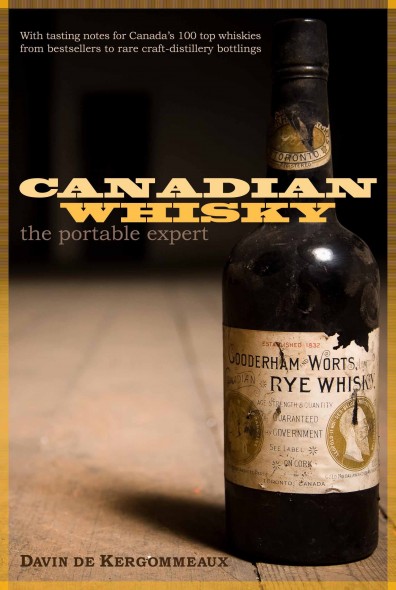
market. What’s your advice for other writers out there trying to break into the publishing fold?
Actually, I have the only Canadian whisky book on the market and it’s the only comprehensive book ever written about Canadian whisky. I think that is a large part of its success – there was nothing else like it out there and there was pent-up demand.
I’m not sure that I am the best person to give advice about having a book published though, because I did not set out in the first place to write a book. It was only after I had amassed tons of information that I finally realized that a book was a real possibility. Then, after a couple of false starts everything fell into place fairly quickly. I can tell you what I did and didn’t do, but I’m not sure I can identify any keys to success, except again, I think it comes back to doing something no one else has ever done.
Before I got started I asked myself if I really had something new to say and was not just going to do a re-hash of already published material. I was meticulous in my research. I verified everything, even things I thought I already knew. I was doing the research for my own interest, not to get enough material to fill a book. Having my research done thoroughly before I got down to writing proved a big benefit later, when my publisher hired a fact checker to substantiate every significant statement.
I did not even contemplate self-publishing. I wanted the very real benefits of professional editors as well as having someone else on the hook financially if the book was not saleable. If professionals were spending money on it, I assumed they would help me make the book as good as it could be. So when they had suggestions, I listened.
I did not approach a publisher until I was really sure that I understood what my book was about and why it was unique. I re-structured the book at least three times before I was happy with it. By the time I spoke to a publisher I was so familiar with the material and how it was organized that I could just sit down and very comfortably explain exactly what I was doing without being vague or speaking in generalities.
As whisky writers, we all have “go to” whiskies. What’s yours?
That is a tough question. There are many. Generally if I am drinking for pleasure, I am more interested in the conversation than the dram. I want a well-made whisky that is satisfying without being too demanding. It used to be Johnny Walker Black. Then for a long time Glenlivet 12. John Hall kind of upset that applecart with his great special releases. Right now, I am very keen about Lot No 40 and Alberta Premium Dark Horse. If I had to say which drinking whisky I have bought the most bottles of recently, I guess it would be Rittenhouse 100. I just love that stuff. And Maker’s Mark 46. But then there’s Forty Creek Copper Pot, and Gibson’s 12, and Century Reserve Lot 15/25. That’s another go-to whisky.



